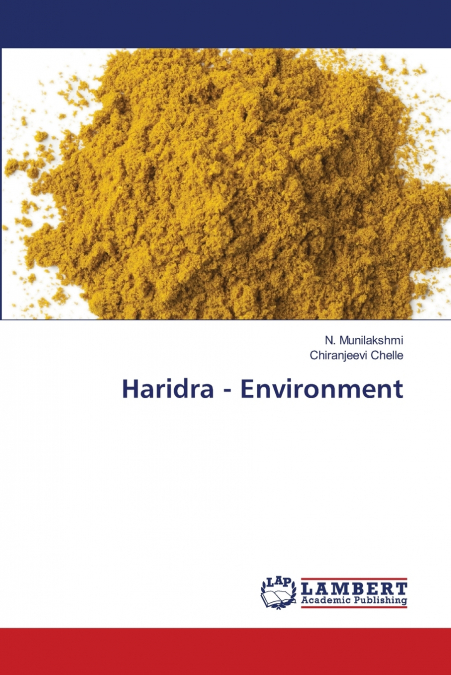
Chiranjeevi Chelle / N. Munilakshmi
Ayurveda maintains 3 essential humours, which cause disease if they become imbalanced. These three humours known as ’Vata’, ’Pita’, and ’Kapha’ are usually translated in English as Wind, Bile and Phlegm. Occasionally, in the surgical tradition, a fourth humour - blood - was added. Surgery and physical Ayurveda became two separate traditions; surgery being more important amongst the Buddhists, who for one reason or another are less hung up about ritual purity and contact with taboo bodily products such as blood. Ayurveda is an Ancient Indian medicine, which has its beginning in the sixth century BC and thrives even to the present-day. There was once a celebrated doctor called Charaka who lived in the second century. He was one of the greatest physicians who have ever lived. He recorded the fact that the Gods themselves were perplexed by the continued existence of disease, which was a hindrance to humanity’s progress to enlightenment. These same Gods, he says, therefore prepared the way for Ayurveda, which literally means the ’science of longevity’ to be taught to the human race. Ayurveda is not just the science of curing diseases, but of preventing them too by developing immunity.